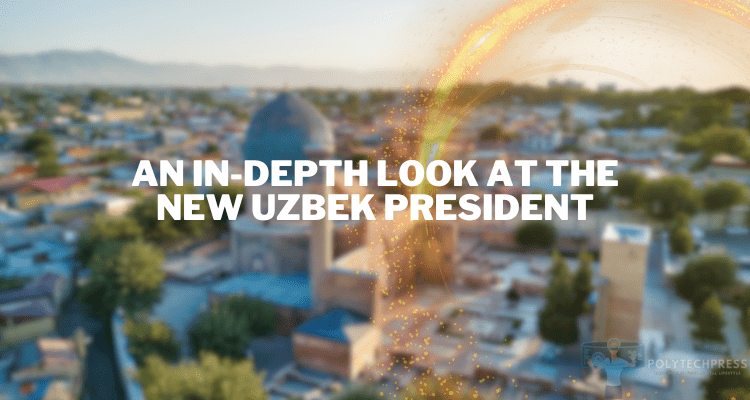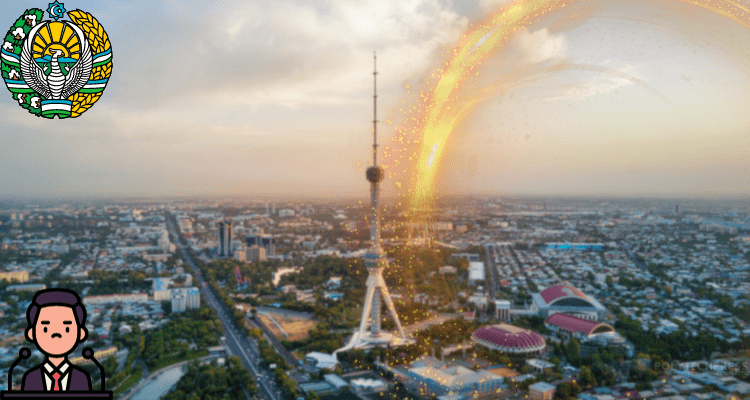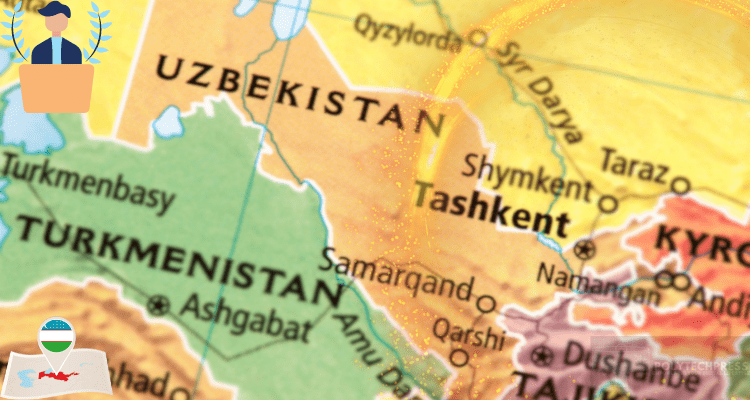An In-Depth Look at the New Uzbek President
Uzbekistan is undergoing major political changes with the recent election of a new uzbek president, Shavkat Mirziyoyev. As the most populous country in Central Asia, the role of the Uzbek presidency holds great importance both domestically and internationally. The transition from the previous long-term leadership of Islam Karimov to Mirziyoyev is historic, signaling a new era and direction for Uzbekistan. This article will provide an in-depth look at Uzbekistan’s new President – from the election journey to policies and public perception.
Overview of the Electoral Process in Uzbekistan

Fair and transparent elections are crucial for establishing proper democratic governance. Uzbekistan has faced criticism over election integrity in the past. However, the 2016 Presidential race saw enhanced efforts for adhering to international standards by the Central Election Commission. Independent observers were also granted access to monitor polling stations nationwide.
Key Candidates and Political Platforms
The key contest was between interim President Shavkat Mirziyoyev and Deputy Prime Minister Hatamjon Ketmonov. Mirziyoyev campaigned on continuing gradual reforms and opening up the economy that he had already initiated as interim President. His political experience as Karimov’s Prime Minister since 2003 gave him frontrunner status. Ketmonov promoted security and stability as his main agenda.
The Election Results
Mirziyoyev secured 88.6% of the vote in the December 2016 election. Turnout was over 87%. The OSCE praised the election as competitive and well-managed. The Uzbek people and international community welcomed the results as it provided continuity and stability.
The New Uzbek President: Background and Political Trajectory

Born in 1957 in the Jizzakh region, Mirziyoyev graduated as an engineer before entering regional politics. He slowly rose through the ranks to become Prime Minister in 2003. His early career focused more on administrative leadership than politics.
Previous Political Achievements and Roles
As Prime Minister, Mirziyoyev actively contributed to attracting foreign investment, improving education and healthcare. He led Uzbekistan’s cooperation with international organizations like UN, SCO, and OSCE. His progressive and reformist approach gained prominence prior to the 2016 election.
Domestic Policy Agenda
Mirziyoyev has laid out policies to boost Uzbekistan’s economy through market reforms, cut red tape, incentivize small businesses and entrepreneurship. He aims to improve access and quality of social services like healthcare and education. Tackling corruption is another key priority.
Foreign Policy Objectives
Expanding cooperation with Asian countries is a cornerstone of Mirziyoyev’s foreign policy. He has improved relations with Kyrgyzstan and Tajikistan through high-level bilateral visits. Mirziyoyev has also opened dialogue with the EU, Russia and US for trade and counter-terrorism cooperation.
Promises to the People of Uzbekistan
The new President has promised greater freedom of speech by easing media restrictions. His public addresses and outreach indicate efforts to address human rights issues and engage in constructive dialogue. A fair justice system and clampdown on forced labor are other commitments.
Challenges and Opportunities

Mirziyoyev faces tough economic challenges stemming from lack of diversification and unemployment. Currency devaluation has led to inflation. Regionally, balancing relations between competing powers like Russia and China poses a dilemma.
Opportunities for Growth and Innovation
Uzbekistan possess immense economic potential through its mineral resources, energy reserves and human capital. The new government can leverage these to attract foreign direct investment in high-tech manufacturing. New trade corridors through rail, road and transport connectivity will also facilitate growth.
Public Perception and Analysts’ Views
Political analysts note Mirziyoyev’s steady transition balancing continuity and change. His progressive early reforms are promising. Experts believe resolving economic challenges, reducing the state’s role and improving social justice will be key performance indicators going forward.
Conclusion
Mirziyoyev’s election opens a new page in Uzbekistan’s history. His reform policies and public-centric leadership hold great potential. The true test lies in successfully translating promises into real progress. Engaged citizenry and international partnerships can help usher in an era of positive change under the new Uzbek President.






